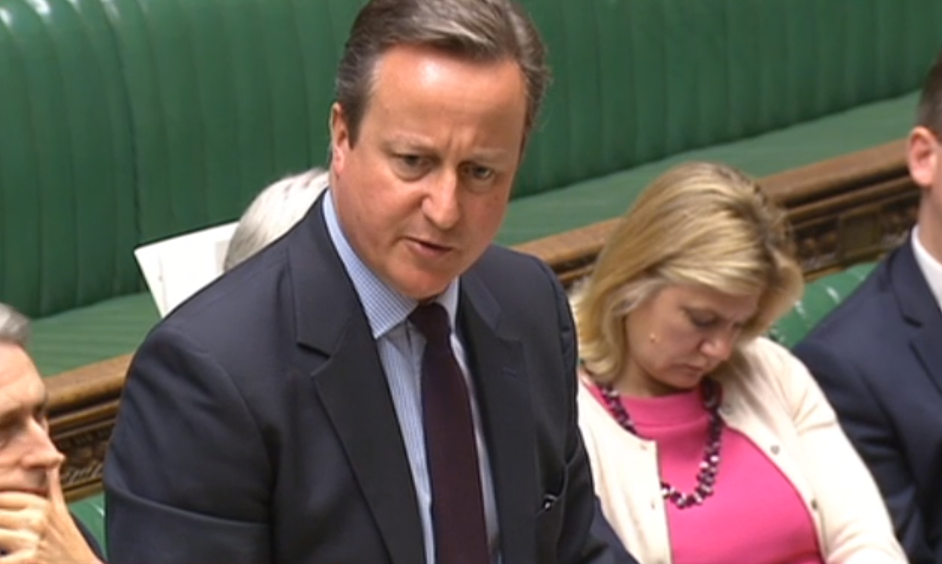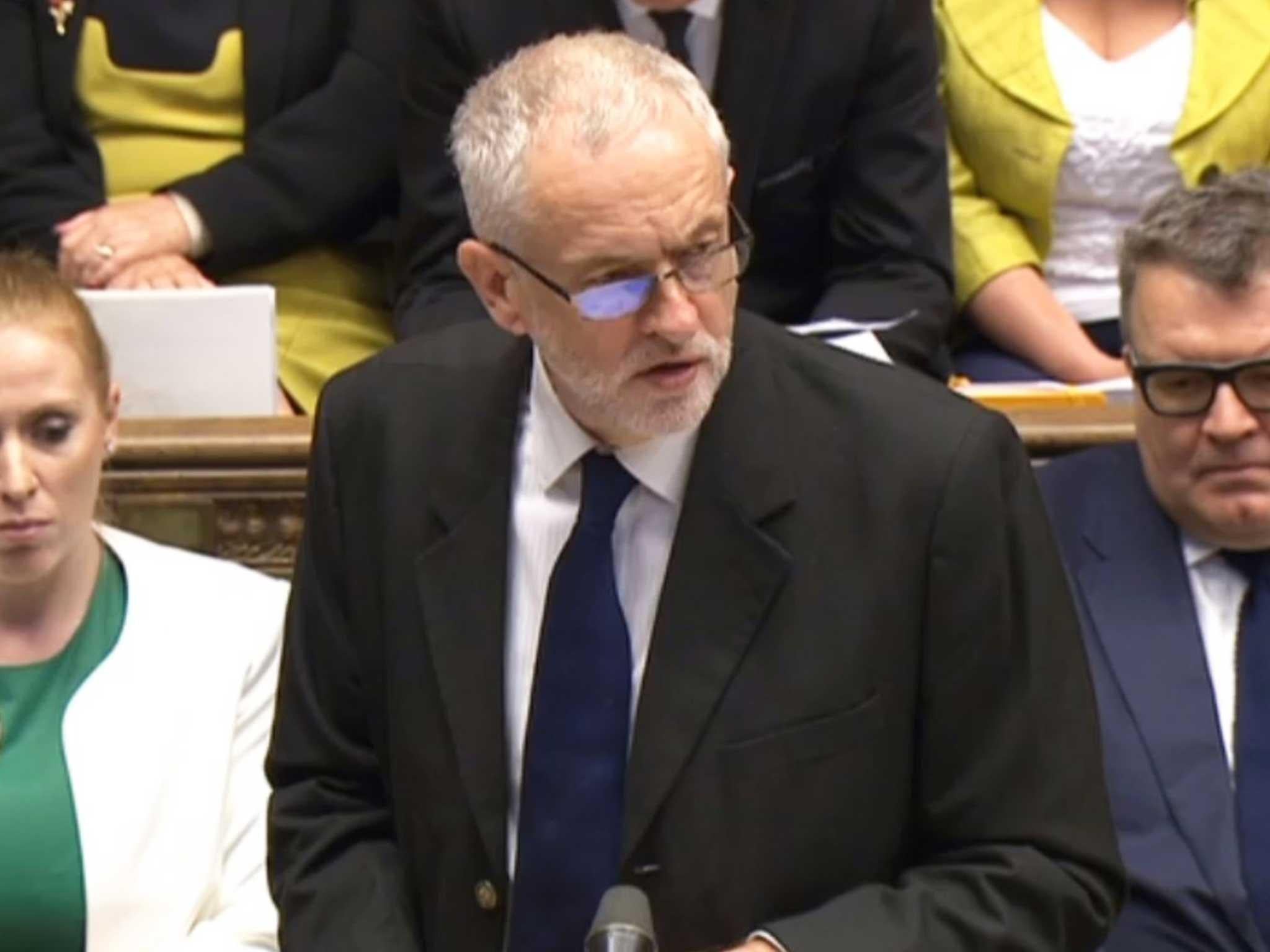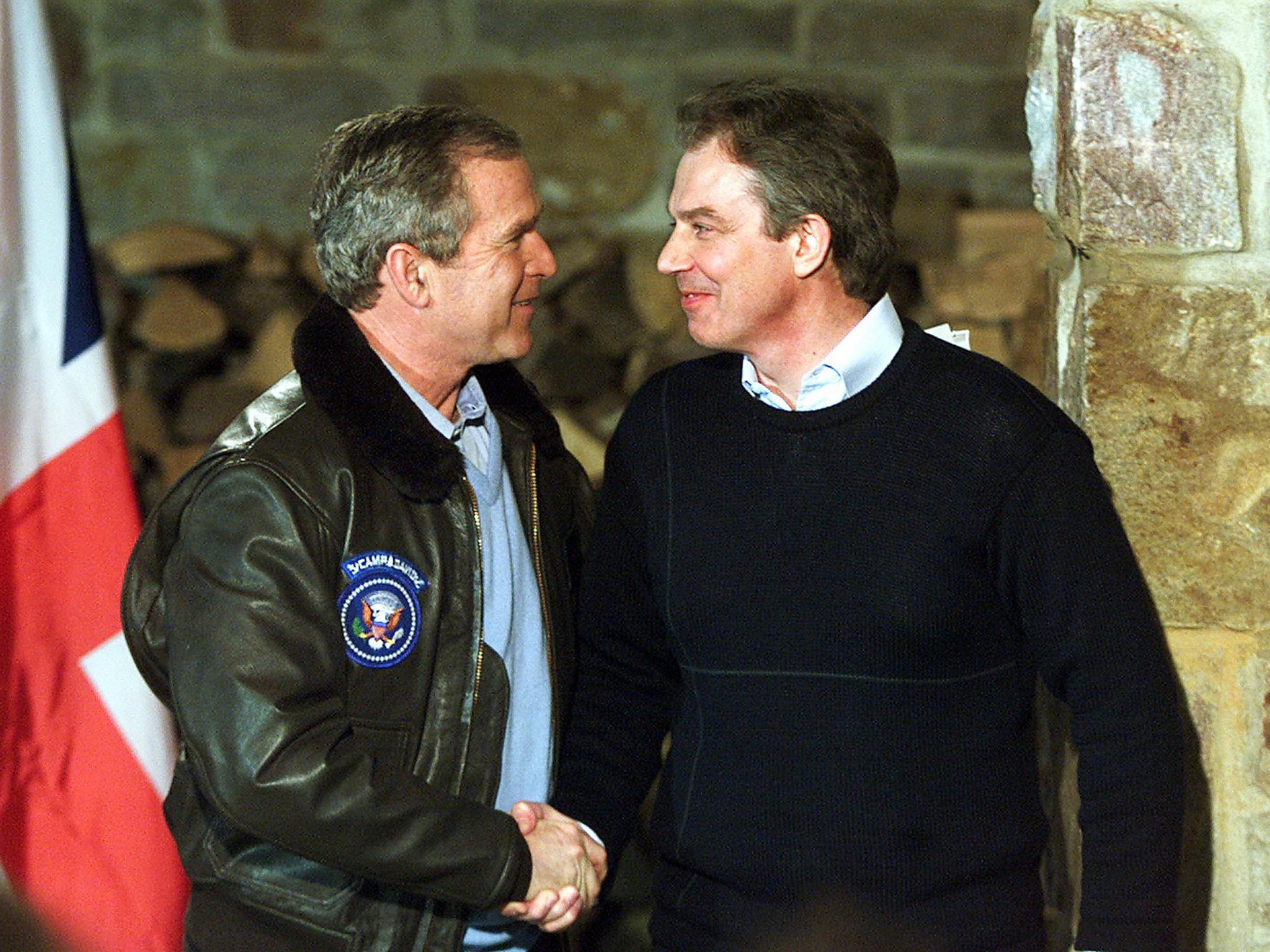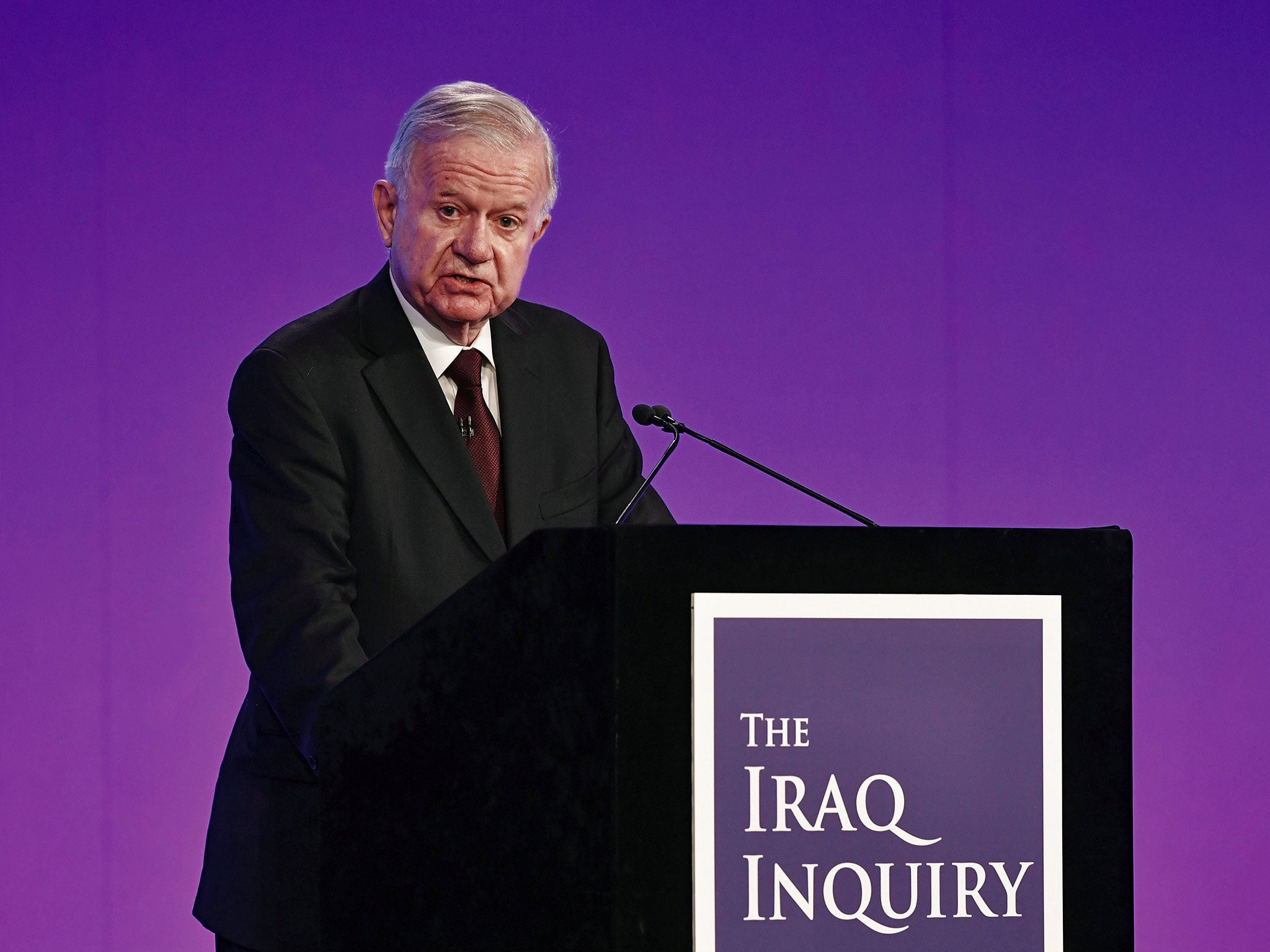David Cameron refuses to say the Iraq War was 'wrong' or 'a mistake' following damning Chilcot Report
The Prime Minister also rejected calls to apologise for the Conservative party's role in the invasion

David Cameron has refused to admit that the Iraq War was “a mistake” or “wrong” in the wake of the damning Chilcot Report into the invasion.
Mr Cameron, who voted for the war in 2003, said people would have to come to their own conclusions about whether it was right or wrong.
He also refused to apologise for the Conservative party’s role in backing the war, saying he did not see the point.
Sir John Chilcot’s report, released on Wednesday morning, said the invasion took place despite there being no threat from Saddam Hussein and despite the possibility of a peaceful resolution to the episode.
The former civil servant suggested evidence of Weapons of Mass Destruction in the country had been misrepresented by the British government and that there had been no adequate post-conflict planning.
In a statement to the House of Commons the afternoon following the publication of the report, Mr Cameron appeared to soft-pedal his response.
During a parliamentary debate debate on the report, Conservative MP John Baron asked: “Will the Prime Minister now do something that no government has done since 2003?

“That is, finally and unequivocally, admit that this intervention was both wrong and a mistake.”
Mr Cameron replied: “I think people should read the report and come to their own conclusion. Clearly the aftermath of this conflict was profoundly disastrous in so many ways. I don’t move away from that all.”

Mr Cameron also rejected a plea by Caroline Lucas, the Green Party MP, for him to apologise for the Conservative Party’s role in backing the war, which allowed Tony Blair to overcome a rebellion by Labour MPs opposing the invasion.
Ms Lucas urged Mr Cameron to reflect on his own role, saying that some Tories argued against the war and that “the evidence was there if they chose to look for it.”

The Prime Minister replied that he did not see “a huge amount of point” in “replaying all the arguments of the day” , adding: “What we should do instead is…learn the lessons of what happened and what needs to be put in place to make sure that mistakes cannot be made in future.”
Earlier in the debate Mr Cameron gave a fuller exposition of how he had now felt about the war.
“I speak as someone who as a relatively new backbencher was sitting up there, listening to the arguments, and coming to my own conclusions,” he said.
“I think anyone who voted for the conflict has to take their share of responsibility. I don’t choose to go back and say ‘if I knew then what I know now’ and all the rest of it.
“I just think you make a decision, you defend it at the time, and then you have to live with the consequences and bear your share of responsibility.”
Mr Cameron’s response is in contrast to that of Labour leader Jeremy Corbyn. Mr Corbyn, who in fact opposed the war at the time, apologised on behalf of the Labour party for the invasion.
His speech was met with disquiet and heckles from Labour backbenchers who had served under Tony Blair and backed the war.
Mr Corbyn described the war as “an act of military aggression launched on a false pretext”, and described the aftermath of invasion as a “colonial style occupation”.
The families of service personnel killed or wounded in Iraq welcomed the report. Reg Keys, whose son was killed in the war, said Sir John had done “a thoroughly good job”
Join our commenting forum
Join thought-provoking conversations, follow other Independent readers and see their replies
Comments
Bookmark popover
Removed from bookmarks